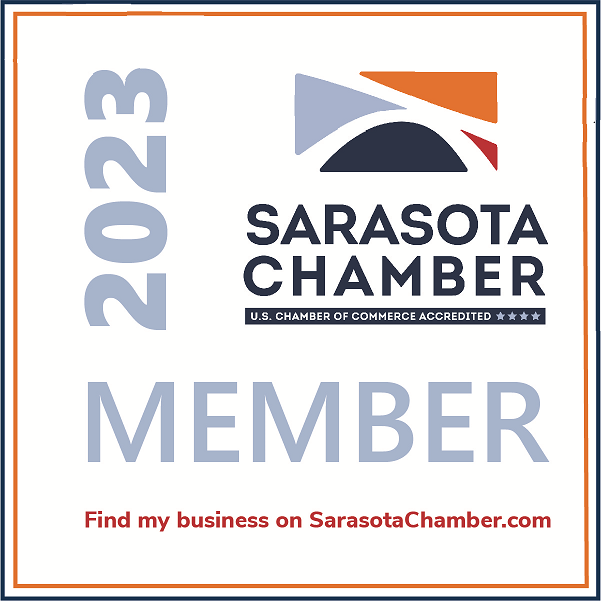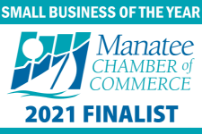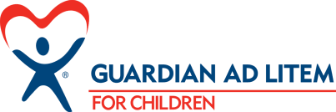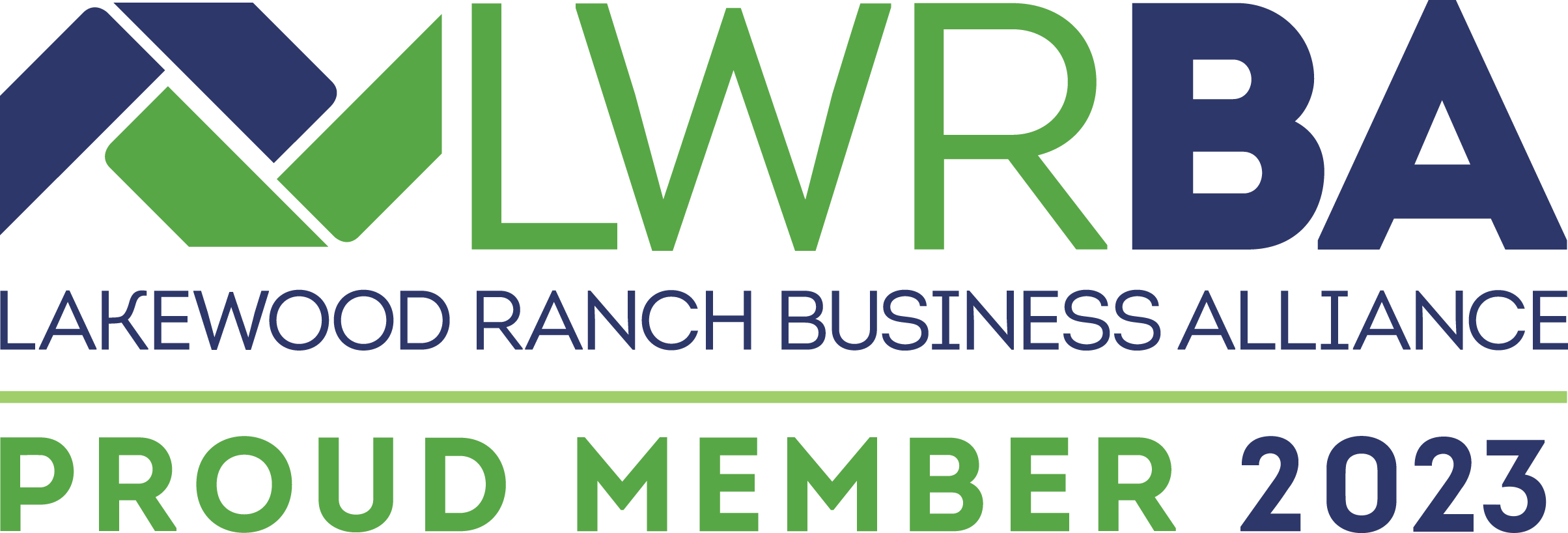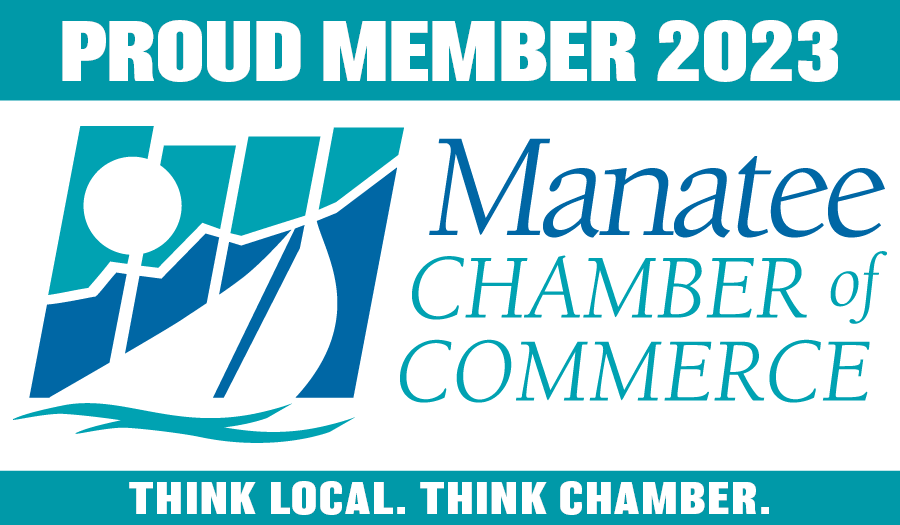Florida Premises Liability Lawyers
Suffering a catastrophic injury due to another party’s negligence can turn the victim’s world upside down. The impact of these injuries is often felt not only physically but emotionally and financially as well. Fortunately, with help from our Florida premises liability attorneys at Luhrsen Goldberg, accident survivors have an opportunity to hold reckless and negligent property owners and liable parties accountable for their actions.
The claims process can be intimidating to take on after everything an injury victim has been through. We strive to reduce stress and take some of the burdens off of our client’s shoulders so they can rest and recuperate while our personal injury team takes steps to make the at-fault party pay. Contact our law office to request a 100% free consultation today. We can further discuss liability in accidents on private and public property, damages, insurance claims, and what to expect from the claims process as a whole.
What Are Premises Liabilities?
Premises liability is a legal concept that helps us to understand the circumstances under which a property owner becomes responsible for injuries suffered on their property. Premises liability claims can be made against the owner of any property, including but not limited to residential property, commercial property, industrial property, and even vacant land. Working with a skilled premises liability attorney may be the best way to take action against negligent property owners and others who could share the blame for the accident or your subsequent injuries.
Common Types of Premises Liability Accidents in Florida
We know premises liability accidents can happen on any property that is not owned by the injury victim. The premises liability lawyers at Luhrsen Goldberg have spent years advocating for premises liability victims who have been involved in a wide variety of accidents and incidents. Our premises liability experience includes:
- Slip and fall accidents
- Ladder accidents
- Trip and fall accidents
- Defective sidewalks
- Wet floor accidents
- Defective landscape
- Trampoline accidents
- Stair accidents
- Improper lighting
- Insufficient or negligent security
- Escalator accidents
- Negligent hiring or negligent retention
- Dog bites
- Elevator accidents
- Failure to maintain the property
- Swimming pool accidents
- Premises liabilities causing traumatic brain injury
Injury victims may have suffered injuries in another type of accident that was not included above. However, this does not mean they do not have grounds for a premises liability claim. Those who have suffered in other types of accidents can connect with a reputable catastrophic lawyer at our firm to discuss legal options for financial relief.
The Luhrsen Goldberg Difference
It is important to be aware of the intricacies of these types of premises liability claims, however, because the standards of responsibility vary based on the victim’s status (e.g., invited guest vs.trespasser), the dangerous condition, owner knowledge, and other factors. If an accident victim has been injured on someone else’s property, it is important to speak with a personal injury attorney who can clearly explain the duty that was owed to the victim and whether they have a valid premises liability claim.
When injured on someone else’s property, we may, out of embarrassment, shame, or even guilt, underestimate the severity of our injuries and absorb the high cost of medical care and even lost wages. Rest assured, the right attorney will work to find any and all possible insurance coverage applicable to those losses. There will frequently be premises liability coverage in the form of a homeowners insurance liability policy or a commercial liability policy, in effect. Our team of attorneys will be ready to consider every option so our clients can maximize their financial compensation and bring the at-fault party to justice.
Our Florida Premises Liability Attorneys Can Help Injury Victims Get the Most Out of Their Claims
Working with Luhrsen Goldberg gives premises liability injury victims a chance to be made whole. While we make no guarantees, Florida premises liability laws give injury victims the opportunity to recover full compensation for their damages and suffering. The types of damages accident survivors have the right to recover are commonly referred to as compensatory damages.
These are made up of both economic damages, which are financial and non-economic damages which describe emotional, lifestyle, and other non-financial losses. Here are some of the most commonly awarded types of economic and non-economic damages premises liability victims may be able to recover:
Lost Income
Loss of wages, tips, and other income is one of the most common damages injury victims seek compensation for. Having to take even a few days off of work can significantly impact families who are already struggling to make ends meet. Not only can accident victims seek compensation for this loss of income, but any fallout related to the lost income should also be considered.
For example, if an injury victim could not afford to pay their rent or mortgage and they were subsequently evicted or had their home foreclosed on, this financial loss and emotional distress should be taken into consideration when calculating the value of the claim. In addition to the income loss, other wage-related damages are also recoverable. These types of damages could include:
- Loss of potential future earnings
- Loss of paid time off
- Loss of health insurance provided by an employer
- Loss of sick leave
- Loss of bonuses or holiday pay
- Loss of salary increases
- Loss of employer-provided retirement savings contributions
Pain and Suffering Damages
Pain and suffering damages encompass a wide variety of non-economic damages. Because these do not have a strict monetary value, it can be more challenging to determine their worth. The impact of the accident and sustained injuries can feel impossible to cope with and make it difficult or impossible for victims to live their lives normally. Some of the most common types of pain and suffering damages premises liability victims could be entitled to include:
- Psychological trauma
- Loss of enjoyment of life
- Fear and anticipation
- Disfigurement and permanent disability
- Loss of society, guidance, and support
- Shock and shame
- Skin scarring
- Embarrassment and indignity
- Loss of companionship and love
- Loss of an intimate spousal relationship
- Emotional distress and anxiety
- Depression
Medical Expenses
It is essential to ensure every single medical expense is accounted for when calculating the value of the claim. Medical expenses can be astronomically high due to the cost of healthcare across Florida and the entire country. Our Florida premises liability lawyers do not believe our clients should have to pay for medical expenses when they are not responsible for causing their injuries. Examples of medical expenses our team will work to get covered include:
- Diagnostic test results
- Ambulance bills
- Mental health counseling
- Reconstructive surgery
- Medical equipment and devices
- Prescription medications
- The hospital stay
- Medical home accommodations
- Physical and occupational therapy
- Medical treatment
- Over-the-counter medicines
- Ongoing medical costs
How Fault and Negligence Works in Premises Liability Claims
Having a Florida premises liability attorney establish liability and negligence may be the best way to recover maximum compensation for the victim’s damages. For any personal injury or premises liability lawsuit to be successful, our team must present evidence that shows another party is responsible for the injuries our clients have sustained through negligence or misconduct.
Proving Liability By a Preponderance of the Evidence
The burden of proof when seeking premises liability settlements is based on a preponderance of the evidence standard. This is a lower burden than the beyond a reasonable doubt standard that applies in criminal court. Our slip and fall lawyers will investigate, gather evidence and develop the facts needed to convince the jury of the defendant’s blame. Some examples of such evidence could include:
- Safety inspection reports
- Repair logs
- Medical records
- Communication exchanges
- Photos of injuries and property conditions
- Expert testimony
- Accident reports
- Testimony from accident reconstructionists
- Witness statements
- Video of the accident
The Open and Obvious Doctrine
Under the open and obvious doctrine, property owners have a chance to escape liability for the victim’s damages. Dangerous conditions may be present on the premises, but if the conditions open and obvious to any reasonable person, then they may not be found responsible for the victim’s injuries and damages.
For example, if an establishment protecting places a bright yellow wet floor sign near a spilled drink, they may be protected. By placing the wet floor sign near the spill, they are warning guests and patrons of the risks, which is then assumed by the guests and patrons. Our premises liability attorneys are always prepared to challenge the open and obvious defense among others to ensure fault is assessed correctly in our client’s cases.
What If a Trespasser is Injured?
When trespassers seek a premises liability settlement, questions surrounding shared fault are common. While every person’s case is different, in most instances, if someone is trespassing on private property, the property owner cannot be held accountable for the victim’s injuries. Florida premises liability laws generally only extend to cover those who are invited guests or patrons of an establishment. There are limited exceptions when the property owner discovers the trespasser. In such situations, it may be possible for trespassers to recover compensation which again are very dependent on the specific facts.
Florida Modified Comparative Negligence Laws Have Recently Changed
Florida shared liability laws recently changed. Florida has long been a comparative fault state, which means sharing the blame for the accident does not prohibit an injury victim from being awarded a settlement. However, prior to 2023, the state was a pure comparative fault state. This meant that there was no limit to how much blame a victim could carry; for example, injury victims could be 99% at fault and be awarded a settlement for 1% of their damages.
The law was updated in 2023, and now Florida follows a modified comparative fault system for personal injuries. Accident survivors can only share up to 50% of the blame in order to still recover. If blame exceeds this threshold, the injury victims will lose their right to further pursue their care and be awarded the compensation they were entitled to. One of the top ways liable parties defend themselves is by blaming the injury victim. That is why it is so important for our team to accurately establish fault and protect our clients from unfounded partial liability claims.
How to Maximize Compensation After a FL Premises Liability
Injury victims hoping to get the most out of their claims will need to be prepared to exhaust all opportunities for justice. There are several potential legal options that may be available based on the type of accident, the at-fault party, and other factors. Most cases start by filing a premises liability insurance claim. Liable parties often have insurance coverage in place to reduce their personal liability for the victim’s injuries and damages.
Meet With Our Top-Rated Florida Premises Liability Lawyers for Help Today
Our aggressive and knowledgeable premises liability lawyers at Luhrsen Goldberg have extensive experience advocating for injury victims’ rights and demanding justice via comprehensive premises liability lawsuits. Those who have suffered debilitating injuries can take action and fight to make the liable party compensate them fairly for their damages with help from our trusted legal advocates.
We are proud to offer legal guidance and support to premises liability victims throughout the state of Florida. Take advantage of this opportunity to put this traumatic experience behind you once and for all. Complete our online contact form or call our office to schedule a free, no-obligation consultation.

